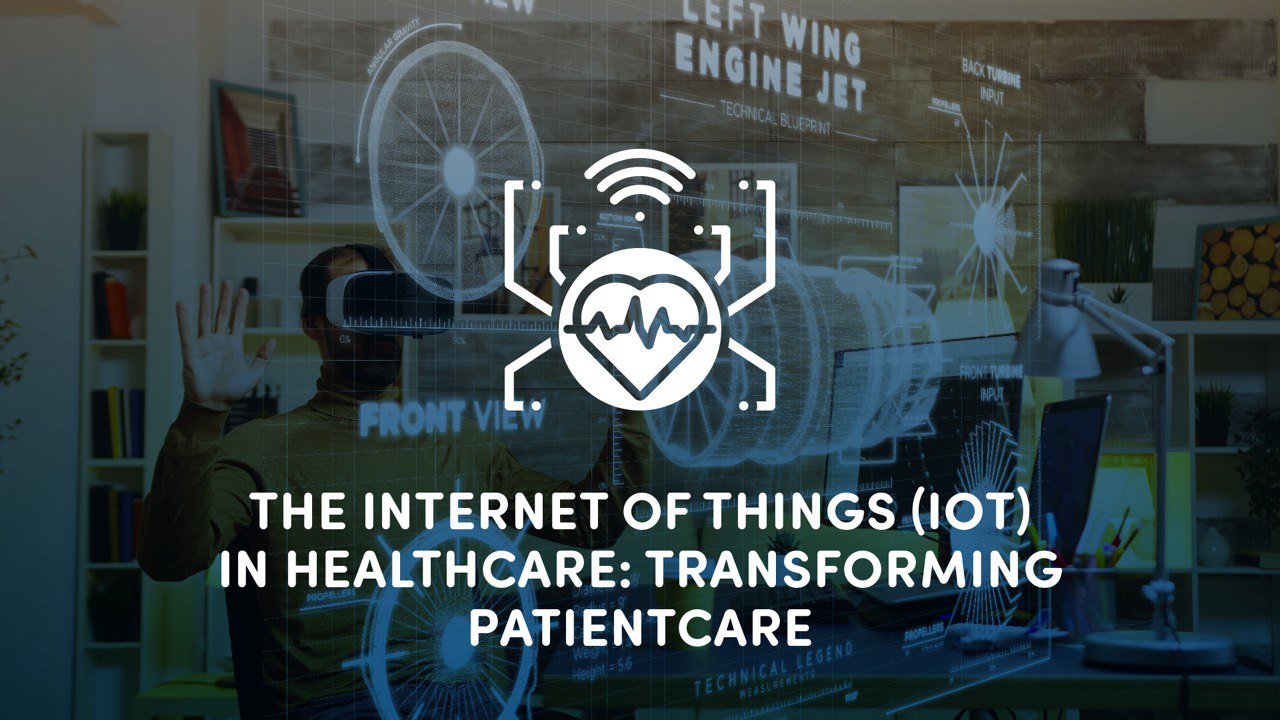Introduction:
The Internet of Things (IoT) has emerged as a transformative technology in the healthcare sector, revolutionizing patient care delivery, remote monitoring, and health management. By leveraging connected devices, sensors, and data analytics, IoT solutions enable healthcare providers to deliver personalized, proactive, and efficient care while empowering patients to take control of their health and well-being. In this article, we will explore the impact of IoT in healthcare and how it is transforming patient care.
Remote Patient Monitoring:
One of the most significant applications of IoT in healthcare is remote patient monitoring, which enables healthcare providers to monitor patients' health status and vital signs in real-time, outside of traditional clinical settings. IoT devices such as wearable fitness trackers, smartwatches, and medical-grade sensors collect and transmit patient data, including heart rate, blood pressure, glucose levels, and activity levels, to healthcare providers, allowing for proactive intervention and timely adjustments to treatment plans.
Chronic Disease Management:
IoT solutions play a crucial role in chronic disease management by enabling continuous monitoring and management of chronic conditions such as diabetes, hypertension, and heart disease. Connected devices and IoT-enabled platforms provide patients with personalized insights into their health metrics, medication adherence reminders, and lifestyle recommendations, empowering them to better manage their conditions and improve health outcomes.
Telemedicine and Virtual Care:
IoT technology has facilitated the widespread adoption of telemedicine and virtual care, allowing patients to receive medical consultations, diagnoses, and treatment remotely, without the need for in-person visits to healthcare facilities. IoT-enabled devices such as remote patient monitoring kits, telehealth platforms, and video conferencing tools enable healthcare providers to deliver timely and convenient care to patients, particularly those in remote or underserved areas.
Medication Management and Adherence:
IoT solutions help improve medication management and adherence by providing patients with smart pill dispensers, medication reminders, and adherence monitoring tools. These IoT-enabled devices track medication usage, dosage schedules, and refill reminders, ensuring that patients adhere to their prescribed treatment regimens and reducing the risk of medication errors and non-adherence-related complications.
Predictive Analytics and Preventive Care:
IoT data analytics and predictive modeling enable healthcare providers to identify patterns, trends, and risk factors in patient data, allowing for early detection of health issues and proactive interventions to prevent disease progression. By analyzing IoT-generated data, healthcare organizations can implement preventive care strategies, personalized health interventions, and population health management programs to improve health outcomes and reduce healthcare costs.
Conclusion:
The Internet of Things (IoT) is transforming patient care delivery in healthcare by enabling remote monitoring, chronic disease management, telemedicine, medication adherence, and preventive care. By leveraging connected devices, sensors, and data analytics, IoT solutions empower healthcare providers to deliver personalized, proactive, and efficient care while empowering patients to actively participate in their health management. As IoT technology continues to evolve and mature, its impact on healthcare is expected to grow, driving innovation, improving patient outcomes, and enhancing the overall quality of care.





Leave a comment
All comments are moderated before being published.
This site is protected by hCaptcha and the hCaptcha Privacy Policy and Terms of Service apply.